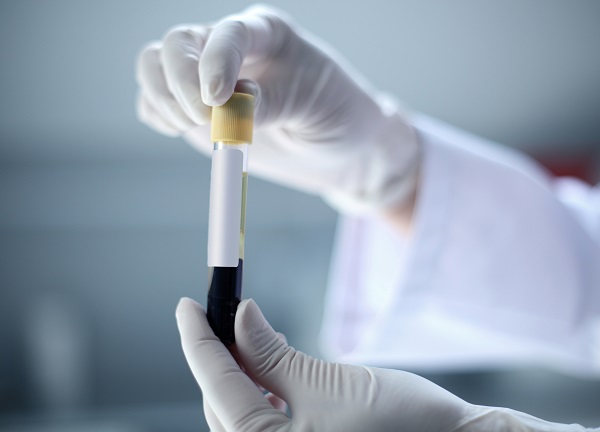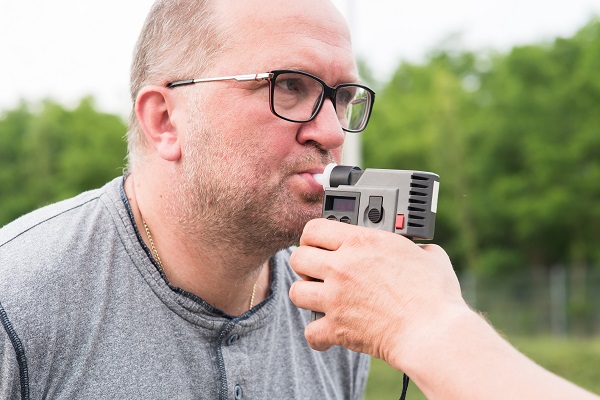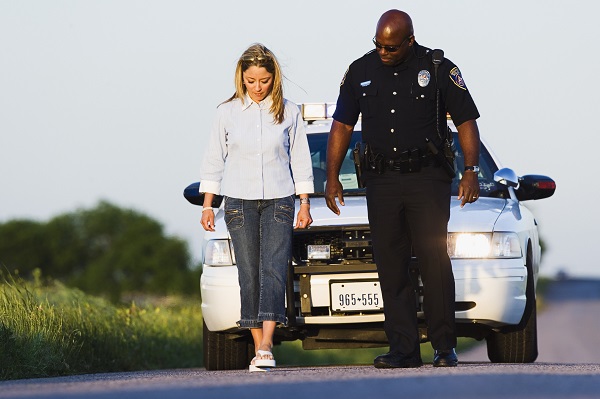Choosing the Right DUI Attorney
Choosing the right DUI attorney may be the difference between freedom or jail time, so take the time to carefully select someone who will help you navigate the legal system. You may feel frantic, stressed, pressed for time, or depressed in the aftermath of a DUI or DWI arrest, but take a step back while you find an attorney. You will want to collect paperwork, meet with attorneys or their staff, and evaluate your options. Collect Paperwork Before you meet with any attorneys, gather relevant paperwork in one place. Find the police report, if you have a copy, your bail papers, other...
Continue reading










